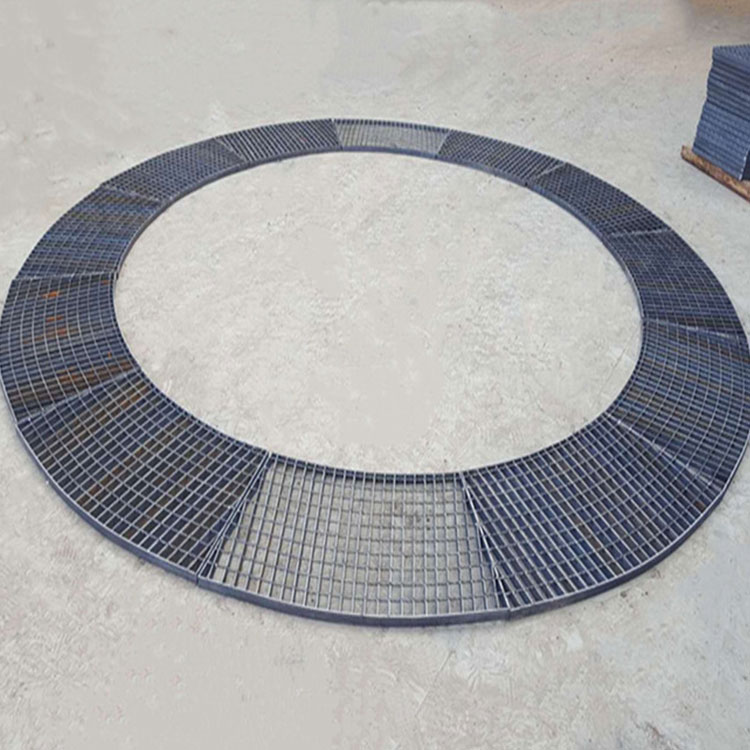gate valve water shut off
Understanding Gate Valves in Water Shut-Off Applications
Gate valves are a critical component in the management and control of water flow within various systems, including municipal water supply, irrigation, and industrial applications. Their primary function is to serve as a shut-off mechanism, allowing for a complete stop of water flow when necessary. This article delves into the significance of gate valves, their operation, and their advantages in water shut-off applications.
Understanding Gate Valves in Water Shut-Off Applications
One key advantage of gate valves is their simplicity of design. Unlike globe valves or ball valves, which can introduce turbulence and restrict flow when open, gate valves allow for straight-through flow. This characteristic is particularly beneficial in applications where large volumes of water are regulated, as it minimizes resistance and energy loss. Additionally, gate valves typically exhibit a longer service life, as they are less prone to wear and tear compared to other valve types.
gate valve water shut off

Moreover, gate valves can be operated manually or automatically, depending on the requirements of the system. Manual gate valves are often equipped with a handwheel or gearbox, enabling operators to control water flow with ease. In larger or more complex systems, automated gate valves can be integrated into a control system that manages flow based on real-time data, optimizing efficiency and responsiveness.
Despite their many benefits, it is essential to select the appropriate type of gate valve for specific applications. Different materials, such as cast iron, stainless steel, or PVC, can significantly impact the valve's performance and longevity. For instance, stainless steel gate valves are ideal for corrosive environments, while PVC valves are well-suited for low-pressure applications. Additionally, the valve size must align with the pipe diameter to ensure optimal flow characteristics.
Regular maintenance is crucial to ensure the longevity and proper functioning of gate valves. Periodic inspection for signs of wear and tear, such as corrosion or seat degradation, can help prevent unexpected failures. It is also advisable to exercise the valve periodically to prevent malfunction from prolonged inactivity.
In conclusion, gate valves are indispensable for effective water shut-off solutions across a range of applications. Their ability to provide minimal flow resistance, combined with a robust design that ensures a tight seal when closed, makes them an ideal choice for contractors and engineers alike. Understanding their operation, selecting the right materials, and implementing regular maintenance can significantly enhance the efficiency and reliability of water management systems, ultimately contributing to better resource conservation and management.
-
The Smarter Choice for Pedestrian AreasNewsJun.30,2025
-
The Gold Standard in Round Drain CoversNewsJun.30,2025
-
The Gold Standard in Manhole Cover SystemsNewsJun.30,2025
-
Superior Drainage Solutions with Premium Gully GratesNewsJun.30,2025
-
Superior Drainage Solutions for Global InfrastructureNewsJun.30,2025
-
Square Manhole Solutions for Modern InfrastructureNewsJun.30,2025
-
Premium Manhole Covers for Modern InfrastructureNewsJun.30,2025
